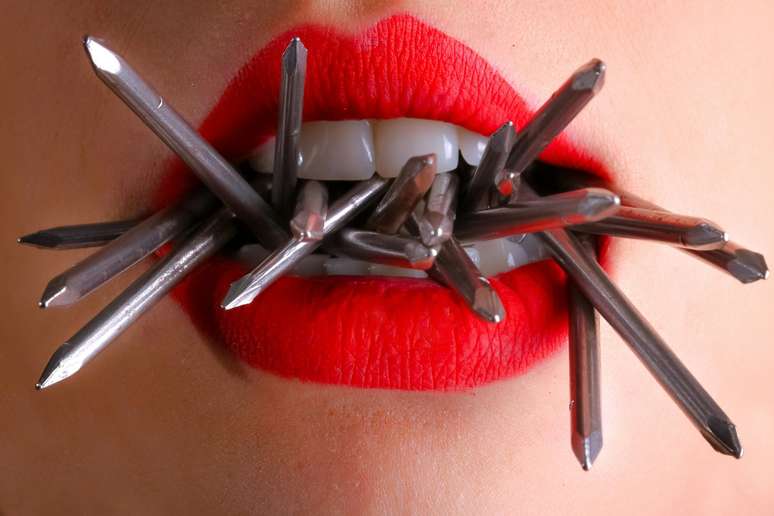In addition to mental health, the expert explains that stress can also lead to dental problems
Stress is one of the great villains of contemporary health, and its effects reach far beyond the mind. At the end of the year, a period traditionally characterized by professional demands, social commitments and financial planning, these impacts can intensify. Studies show that teeth also suffer the consequences of this pressure. Some related problems are, among others, bruxism, tooth wear and gum inflammation.
Stress and teeth: a terrible combination!
According to a survey by the International Stress Management Association in Brazil (ISMA-BR), stress increases up to 75% in December compared to other months of the year. This also increases anxiety (70%) and impairs sleep (38%). These factors are directly related to the development of bruxism, the habit of grinding or clenching your teeth involuntarily, especially at night. The World Health Organization (WHO) estimates that approximately 30% of the world’s population suffers from this problem. In Brazil, this rate can reach 40%.
“Often, the patient doesn’t even realize he’s clenching or grinding his teeth. And then he wakes up with pain in his jaw and head, as well as signs of wear on his teeth,” explains Dr. Cesar Rodrigues, specialist in cosmetic dentistry and CEO of César Rodrigues Clinic. The specialist warns that bruxism can cause serious damage, such as tooth fractures, receding gums and even loss of tooth structure.
Causes gingivitis!
Another stress-related problem is gingivitis. This is an inflammation of the gums which, if left untreated, can progress to periodontitis, a more serious pathology which can lead to tooth loss. “Stress reduces immune defenses, making the mouth more vulnerable to bacterial infections,” Dr. Cesar points out. He also points out that, in times of increased pressure, people tend to neglect oral hygiene, making problems worse.
To avoid the consequences of stress on oral health, it is essential to invest in practices that promote overall well-being. Some are physical exercises, relaxation techniques and a balanced diet. In the dental field, the use of muscle relaxant plates can protect the teeth during sleep. Furthermore, regular visits to the dentist ensure early diagnosis of damage.
The end of the year doesn’t have to be a dangerous time for your oral health. By taking preventive measures and adequate professional support you can avoid the damage caused by stress and ensure that your smile remains healthy and beautiful.
Source: Terra
Ben Stock is a lifestyle journalist and author at Gossipify. He writes about topics such as health, wellness, travel, food and home decor. He provides practical advice and inspiration to improve well-being, keeps readers up to date with latest lifestyle news and trends, known for his engaging writing style, in-depth analysis and unique perspectives.









